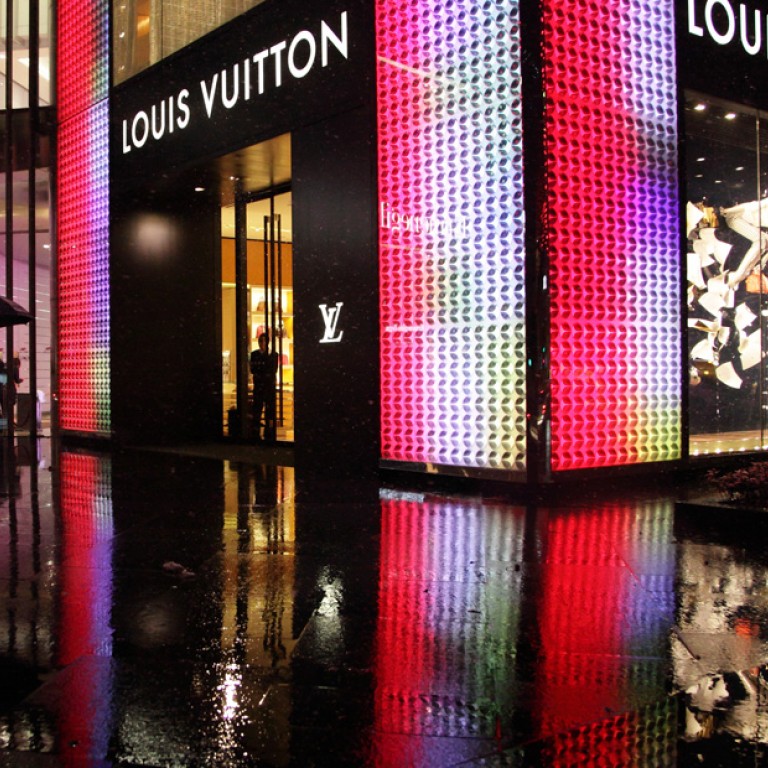
LVMH pressured to find new niche
With sales growth slumping, the luxury market giant is trying to reposition itself
Neverfull - the name of Louis Vuitton's best-selling handbag - sums up its parent LVMH pretty well, since even if it snapped up all of the world's last remaining independent luxury brands, it would still have room for more.
The French group's insatiable appetite for acquisitions has been tolerated by investors while its cash cow Louis Vuitton, which contributes half of group profit, grew revenues at a rate of more than 10 per cent in the past two decades. But this year Vuitton's sales growth halved as it failed to anticipate consumers' move away from logo-branded luxury goods and Chinese demand cooled. Uncertainty about the brand's future growth heightened further last week when a source close to LVMH said Vuitton's star designer Marc Jacobs was leaving.
With Vuitton in intensive care, investors are taking a harsher look at LVMH's other brands and growing concerned it will take years for them to provide alternative growth.
LVMH, the No 1 luxury goods group with more than 60 brands from Dior to Hennessy cognac, has never built a major brand from scratch and is one of the industry's worst stock market performers. Its stock has nudged up just 5 per cent since the start of the year, compared with a 20 per cent share rise across the rest of the luxury goods sector.
Analysts' consensus for its expected earnings per share growth for this year is 6 per cent, compared with 15 per cent for the sector.
"LVMH has underperformed mainly because of big question marks hanging over the development strategy of Louis Vuitton," said Chicuong Dang, a fund manager at French asset management firm KBL Richelieu.
Jacobs' departure is part of a series of leadership changes at Vuitton, the most significant in two decades, as it tries to reposition itself as a more exclusive, less ubiquitous brand.
In a sector where expectations of sales rather than earnings growth have tended to drive share performance, LVMH's main problem is that with Vuitton already making € 7.3 billion (HK$76.6 billion) in annual sales, it is too big to buy substantial growth.

